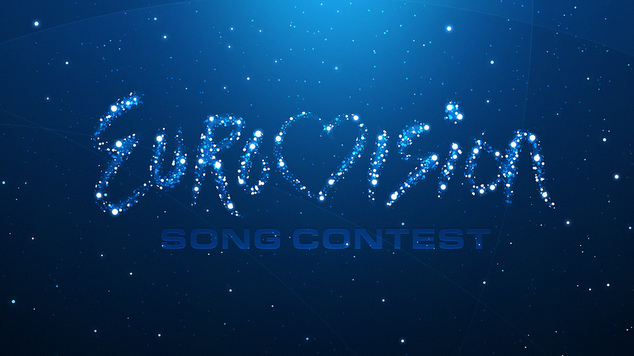
Russia has been thrown out of the Eurovision Song Contest following the country’s invasion of neighbour Ukraine.
Initially organisers had indicated that Russia would be allowed to perform at the song competition which is due to be held in May in Turin, Italy. After several countries raised concern the decision was reversed.
On Friday Eurovision released a statement saying allowing Russia to participate would go against the values of the competition.
“The decision reflects concern that, in light of the unprecedented crisis in Ukraine, the inclusion of a Russian entry in this year’s Contest would bring the competition into disrepute.
“Before making this decision the EBU took time to consult widely among its membership.” organisers said.
“The EBU is an apolitical member organization of broadcasters committed to upholding the values of public service.
“We remain dedicated to protecting the values of a cultural competition which promotes international exchange and understanding, brings audiences together, celebrates diversity through music and unites Europe on one stage.” Eurovision said.
Russia had yet to put forward a competitor for this year’s event, and had had a on again, off again relationship with Eurovision over the competitions long history.
Russia didn’t join the competition until 1994 and has appeared on 23 occasions, including a winning entry in 2008.
Over the years there have been some memorable Russian performers including 2021’s entrant Manizha who appeared in a giant dress, pop duo t.A.t.u represented Russia in 2003 and, in 2012 their entrant was Buranovskiye Babushki, a troupe of dancing grandmothers in traditional dress.
In 2014 when Eurovision was held in Copenhagen the negative reaction from the crowd was audibly heard during the show’s broadcast.
The following year producers deployed technology that was supposed to suppress the sounds of booing audience members, bit it could still be heard and the hosts reminded the audience that the show’s theme was “building bridges”.
In 2016 Ukraine won the competition with Jamala performing 1944 a song that was inspired by her great-grandmothers experiences of being deported from the Crimea region due to Soviet ethnic cleansing. Russia complained that the song was in breach of the competition’s rules for having a political theme, enhanced by Russia’s ongoing conflicts in the region.
The following year when the competition was held in Ukraine, Russia did not participate after their performer was banned from entering the country.
OIP Staff
You can support our work by subscribing to our Patreon
or contributing to our GoFundMe campaign.






